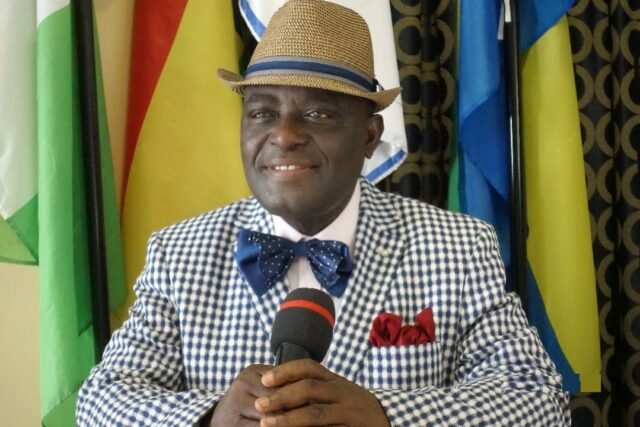In a bold new move to reshape how Science, Technology, Engineering and Mathematics (STEM) are taught across Africa, former Executive Secretary of the National Universities Commission (NUC), Professor Emeritus Peter Okebukola, has unveiled a pioneering teaching approach designed to be culturally grounded and outcome-driven. The new model, dubbed Model-And-Surpass Pedagogy (MSP), was introduced at the 2025 International Conference of the International Research Group—jointly hosted by the Commonwealth Association of Science, Technology and Mathematics Educators.
Table of Contents
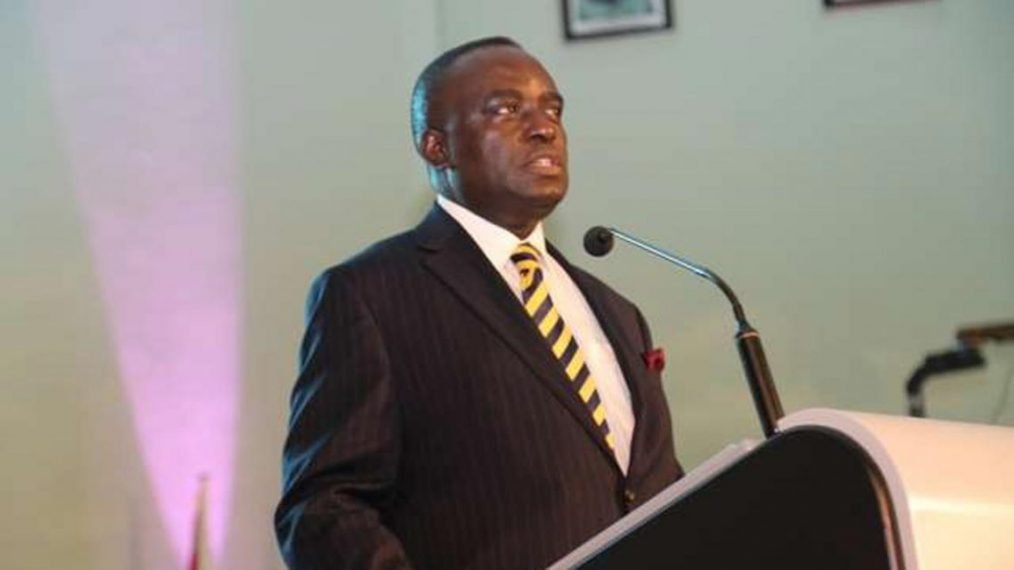
A Pedagogy with Distinctive Roots and Seven Steps
Okebukola’s MSP is not just another teaching strategy—it is a seven-step framework that places students and teachers at the heart of the learning process. Key features include:
- Historical Role Models: At least two days before a lesson, students are asked to research two scientists—focusing on their life stories, struggles, achievements, and the character traits they displayed that can be both admired and surpassed.
- Comparative Analysis: The lesson begins with students working in groups to compare and contrast the two scientists, drawing out similarities and differences in their scientific journeys.
- Personal Aspirations: Each student identifies the traits of those scientists that they wish not only to emulate but to exceed.
- Lesson Framed Through Exemplars: The teacher introduces the lesson’s topic through the lens of the two scientists, integrating their stories to illustrate concepts and challenges.
- Interactive, Student-Centred Discussion: As the lesson unfolds, students engage in structured discussion around the objectives and content, ensuring their voice and understanding are central.
- Hands-on Practice: Practical activities—experiments where possible—are essential. Students are encouraged to reflect on how they might both model and then surpass the scientists’ achievements.
- Closure with Reflection and Evaluation: Lessons end with summaries, relevant evaluation questions, and students submitting notes or reports on what they have learned, especially relating to how they endeavoured to exceed the scientists’ standards.
At the unveiling ceremony, participants came from a wide span of countries, including the United States, the United Kingdom, Burundi, Ghana, Finland, Nigeria, The Gambia, Mauritius, and Sierra Leone.
Testing MSP and Linking it to Africa’s Long-Term Goals
Okebukola emphasised that MSP is not simply a theoretical innovation but is already entering the implementation phase. A team drawn from four African nations—Nigeria, Ghana, The Gambia, and Sierra Leone—under the auspices of the Africa Centre of Excellence for Innovative and Transformative STEM Education at Lagos State University, has commenced rigorous studies to test MSP’s effectiveness.
Beyond immediate classroom outcomes, the strategy is intended to align with broader continental ambitions. Okebukola said the ultimate aim is for MSP to help further the African Union’s Agenda 2063, particularly in its vision of an empowered, innovative and self-reliant continent. In his words, “The days of Africa playing second fiddle in STEM enterprise will soon be over.”
Okebukola also noted that part of his motivation lies in the proliferation of STEM teaching methods developed outside Africa. He believes many such approaches are ill-fitted to local contexts—culturally, socially, and educationally. MSP, by contrast, is rooted in African realities, and aims for homegrown innovation.
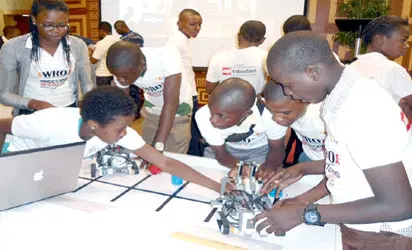
Broader Implications for STEM Education and Teacher-Student Relations
The MSP approach has significant implications for how STEM is taught and how students relate to their subjects and to themselves as potential innovators. By spotlighting the life stories of scientists, including their failures, doubts, and triumphs, the pedagogy encourages:
- Stronger Student Identity and Aspirations: When learners see individuals from diverse backgrounds who have struggled and prevailed, they are more likely to believe similar success is possible for themselves.
- Critical Thinking and Reflective Learning: Comparing, contrasting, and reflecting are central to MSP. This moves students away from rote memorisation toward deeper understanding.
- Ownership of Learning: Students are not passive recipients but active agents who assess, model, and aim to surpass.
- Cultural Relevance: Embedding lessons in contexts that resonate with African learners enhances relevance and engagement.
Teachers, likewise, must adapt: facilitating group work, guiding discussions, supporting experimentation, and acting as mentors, helping students identify role models and set personal goals.
Looking Forward: AI Integration & Future Developments
Okebukola did not shy away from future thinking. Alongside MSP, he announced that he is leading a research team—including Dr Adekunle Ibrahim Oladejo, Dr Franklin Onowugbeda, Dr Olasunkanmi Gbeleyi, Dr Deborah Agbanimu, and Dr Esther Peter—working with Professor Eyitope Ogunbodede (President of the National Association of Artificial Intelligence Practitioners, NAAIP) to devise a teaching approach grounded in Artificial Intelligence, but one that takes into account the socio-cultural realities of African learners.
As part of building this dual track—MSP now, AI-infused methods later—Okebukola stressed that testing and evaluation are ongoing. The immediate priority is ensuring MSP delivers not only improved attitudes and achievements in STEM, but also that it can be scaled across diverse educational settings: rural and urban, well-resourced and under-resourced.
He sees this work as far from over: “This is not the last bus stop in our quest for home-grown methods of teaching,” he said.
Why MSP Could Be a Game-Changer for Nigeria and Africa
Professor Okebukola’s MSP has all the hallmarks of a pedagogical innovation with transformative potential. For Nigeria, where STEM education has often been stymied by outdated curricula, teacher-centred methods, and a lack of context, MSP offers a fresh possibility: one where learning is active, culturally relevant, and aspirational.
If the ongoing studies validating MSP report positive outcomes, the methodology could influence policy at national and regional levels—shaping how STEM curricula are designed, teacher training conducted, and classroom practice evaluated. In doing so, it could help close the performance gap that many African students face relative to their peers globally.
Moreover, the promise of integrating AI methods tailored for African contexts suggests that future tools and content will reinforce—not displace—local culture, languages, values, and educational realities. This is key: teaching methods and tools that ignore context often fail to stick.
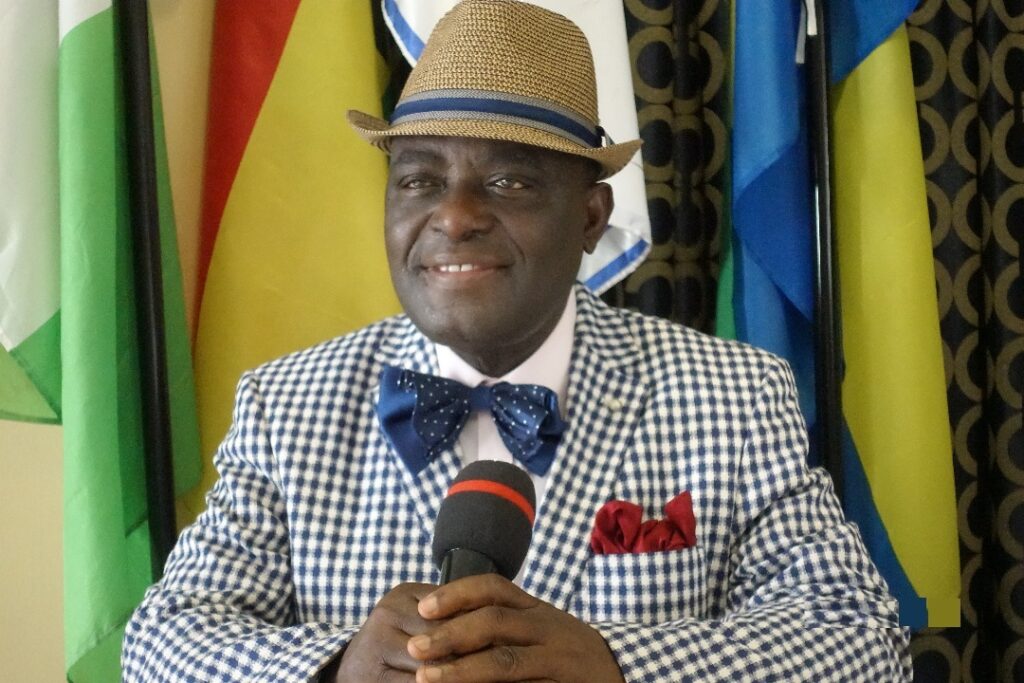
Conclusion
Professor Peter Okebukola’s Model-And-Surpass Pedagogy is a bold statement: Africa not only has the capacity to innovate in education, it must do so if it is to fulfil its ambitions under Agenda 2063. By combining role models, cultural relevance, student agency, and practical application, MSP could reshape STEM education across Nigeria and beyond. Time will tell, but the early signs suggest this is more than a marginal tweak—it could mark a turning point in how we teach, learn, aspire, and ultimately, surpass.
Join Our Social Media Channels:
WhatsApp: NaijaEyes
Facebook: NaijaEyes
Twitter: NaijaEyes
Instagram: NaijaEyes
TikTok: NaijaEyes
READ THE LATEST EDUCATION NEWS




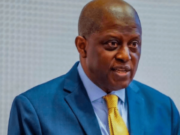









![Mr Macaroni Drops Blistering Remark: ‘APC Filled with Most Corrupt People’ as He Slams Tinubu’s Controversial Pardon for Criminals=]] Mr Macaroni](https://naijaeyesblog.com/wp-content/uploads/2025/03/Mr-Macaroni-1-1-180x135.avif)

![Chaos Erupts in Abuja Hotel as BBNaija Star Phyna Sparks Fierce Scene Over Alleged N200,000 Dispute [VIDEO] Phyna](https://naijaeyesblog.com/wp-content/uploads/2024/11/A-Picture-of-Phyna-BBNaija-180x135.jpg)




















